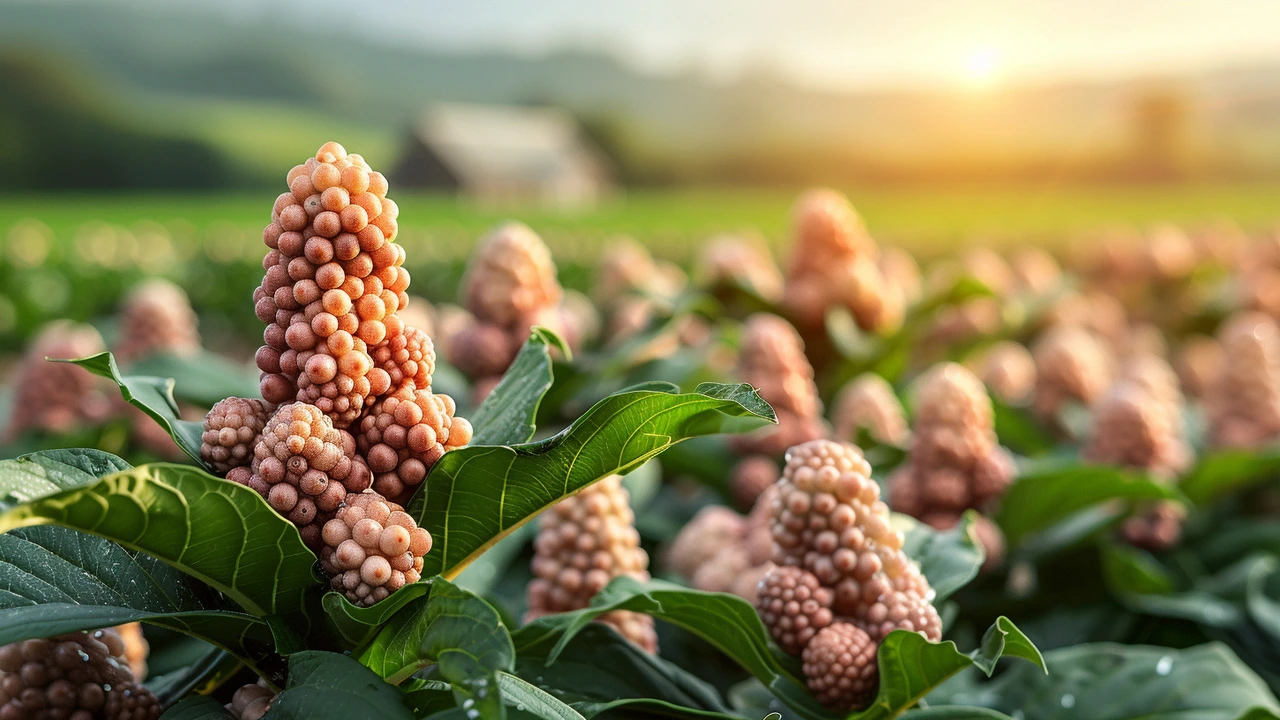Squill Health Benefits: What the Plant Can Do for You
Squill, also called Scilla maritima, is a small bulb that’s been used for centuries in Mediterranean folk medicine. It looks like a modest wildflower, but inside it hides compounds that can help with a few common health issues. If you’ve heard of squill as a “natural cough remedy” or a “heart‑support herb,” you’re not alone – many people turn to it for those exact reasons.
Top Benefits of Squill
First off, squill is known for its expectorant action. When you brew the dried leaves or bulbs into a tea, it can loosen mucus and make it easier to cough up. That’s why it’s still mentioned in classic herbal guides for bronchitis and mild asthma.
Second, the plant contains cardiac glycosides, the same type of compounds found in foxglove. In tiny, controlled doses these can help the heart beat more regularly. Historically, doctors used squill extracts to treat low‑output heart failure, and modern research still looks at its potential for supporting heart function.
Third, squill has mild diuretic properties. A cup of squill tea can promote water loss, which may reduce swelling in the legs or lower blood pressure a bit. This makes it a handy addition for people who need a gentle fluid‑balance aid.
Finally, squill shows anti‑inflammatory effects in lab studies. While you won’t replace a prescription anti‑inflammatory drug with squill, adding it to your routine might ease joint stiffness or sore throat discomfort.
How to Use Squill Safely
When it comes to dosage, less is more. A typical adult dose is about 1 gram of dried leaf or bulb, steeped in hot water for 10‑15 minutes. Drink one cup up to three times a day, but never exceed 3‑4 cups total. If you’re using a tincture, follow the label – usually a few drops diluted in water.
Never give squill to children, pregnant women, or people with kidney disease unless a health professional says it’s okay. The cardiac glycosides can be toxic in high amounts, leading to nausea, vomiting, or heart rhythm problems.
If you’re already on heart medication (like digoxin) or diuretics, talk to your doctor first. Squill can interact and make the other drugs stronger, which might cause dangerous side effects.
Buy squill from reputable herb shops or trusted online sellers that test for purity. Look for products labeled “organic” or “wild‑crafted” and avoid anything with added flavors or synthetic herbs.
Starting with a low dose lets you see how your body reacts. If you feel dizziness, rapid heartbeat, or stomach cramps, stop using it right away and seek medical advice.
Overall, squill can be a useful supplement for respiratory relief, mild heart support, and fluid balance, but it works best when you respect its potency and use it responsibly.
So the next time you’re searching for a natural way to ease a cough or give your heart a tiny boost, consider giving squill a try – just remember to keep the dosage small and stay aware of possible interactions.
Transform Your Health With the Power of Squill: A Must-Have Natural Supplement
Discover the transformative potential of squill, a natural dietary supplement known for its myriad health benefits. Learn about its origins, how it works, and why it’s becoming a popular choice for those looking to improve their health naturally. This article explores the science behind squill, its benefits, potential side effects, and practical tips for incorporating it into your daily routine.
